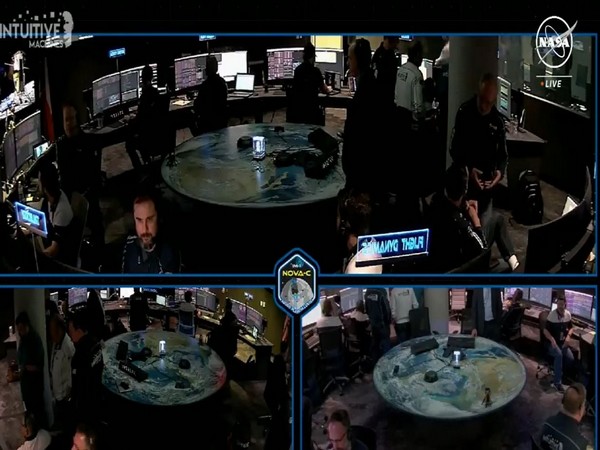
Washington DC: The Odysseus spacecraft from the United States successfully landed on the moon on Thursday, becoming the first American spacecraft to achieve the feat in more than 50 years.
With this, Intuitive Machines (IM) -- the commercial venture behind the Nova-C lander -- has become the first private venture to carry out a successful landing on the lunar surface.
This marks the first American soft landing on the lunar surface since the Apollo era in 1972.
Notably, this landing comes months after India's Chandrayaan-3 lander, which became the first spacecraft from the country to safely reach the lunar surface in August 2023.
India made a soft landing on the lunar South Pole with a robotic vehicle for the first time in the 21st century.
"I know this was a nail-biter, but we are on the surface, and we are transmitting," Intuitive Machines CEO Steve Altemus just announced on the webcast. "Welcome to the moon."
Although, the exact state of the lander is not yet clear, but the company has confirmed it has made contact with the moon.
The landing site of Odysseus is near Malapert A, an impact crater near the moon's south pole.
The site is "(A) relatively flat and safe region is within the heavily cratered southern highlands on the side of the Moon visible from Earth," according to NASA.
Moments before landing, the spacecraft started troubleshooting communication, after the passing of the expected landing time. But, an Intuitive Machines flight controller confirmed that the lander is "not dead yet" and they have received a "faint signal".
The US remains the only country to have put humans on the lunar surface, most recently in 1972 with the Apollo 17 mission.
The space agency said it chose this landing site for Intuitive Machines' first mission because it wanted to learn more about the lunar environment and how communications function in this area.
NASA wants to scout the lunar south pole because the space agency believes it's the best location to set up a future astronaut base.